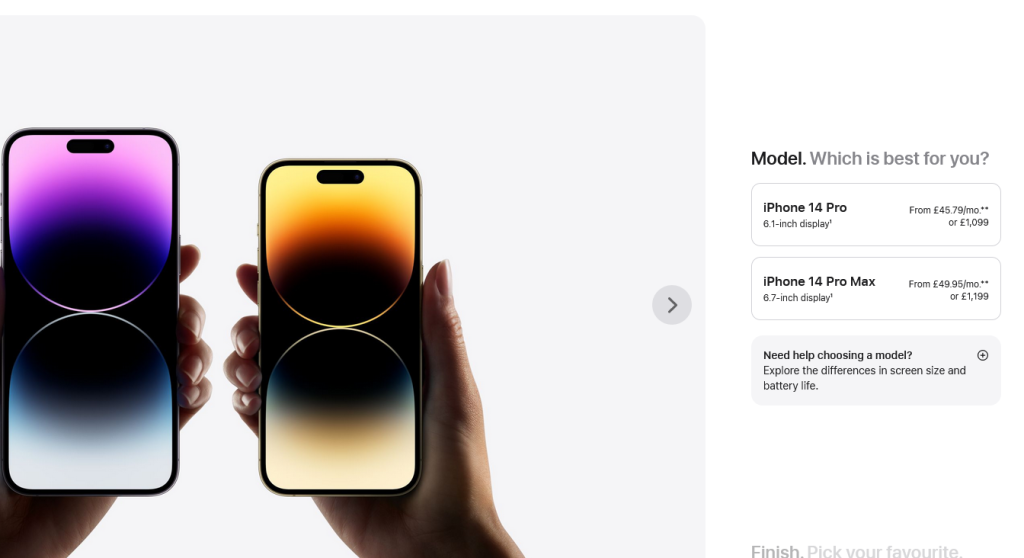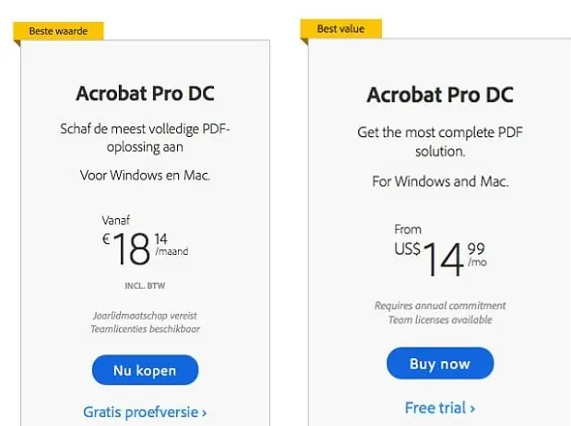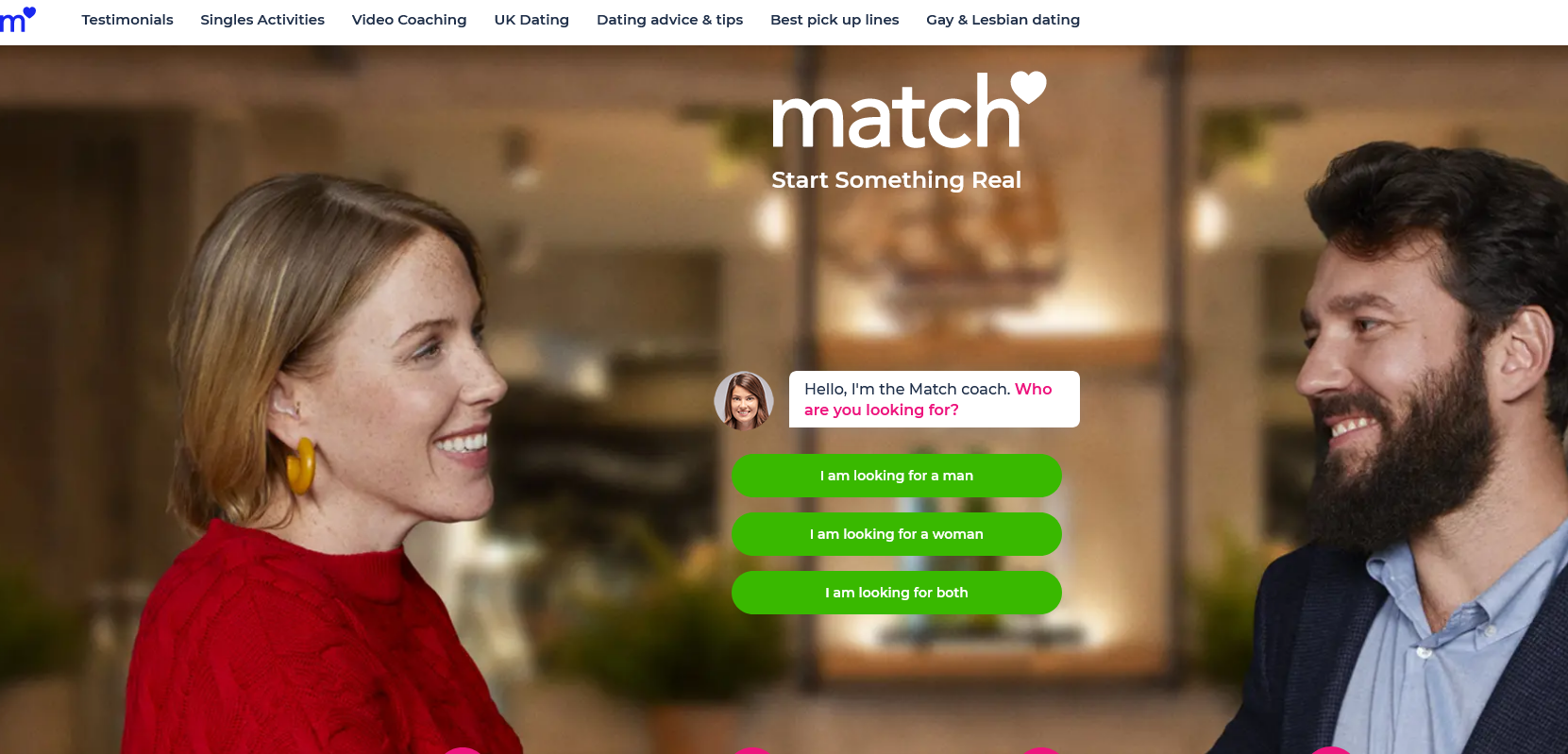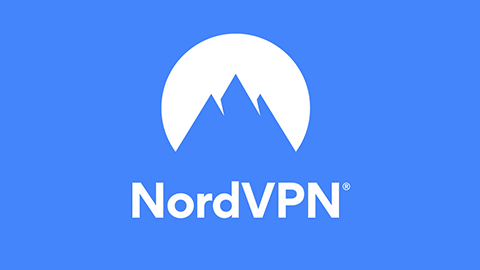Virtual Private Networks (VPNs) have long been used for protecting privacy, but their potential for saving money when you’re shopping online remains mostly unknown.
In this in-depth report, I’ll dive into the world of VPNs and examine their role in helping online shoppers save on a wide variety of products and services, from event tickets to software purchases.
Plus I’ll uncover surprising ways to maximize savings and consider the future implications of this innovative approach to online shopping.
Unlocking Geo-Price Discrimination with VPNs
Many online retailers use what’s called geo-price discrimination – this is when prices for products & services are based on the user’s location.
I’ll explore how savvy shoppers are leveraging VPNs to bypass these restrictions and secure the best deals on everything from concert tickets to the latest iPhone.
How a VPN helped save me $300 on an iPhone
One of the most interesting examples of geo-price discrimination is the humble iPhone.
As many of you will know, Apple products are often priced differently in various countries due to factors like exchange rates, taxes, and tariffs. By using a VPN, American shoppers (for example) can change their IP address to appear as if they are in a country where the iPhone is sold at a lower price, such as Mexico, and potentially saving hundreds of dollars on their purchase. (If you’re worried that you’ll have to pay customs charges or import fees then don’t be – more on this later).
Let’s start by considering this example to illustrate potential savings: An iPhone SE model might retail for $999 in the United States, but the same model might cost only $850 in another country due to currency differences and regional pricing strategies. By using a VPN to make it appear as if you are shopping from the country with the lower price, you could save $149 easily on your iPhone purchase.
Or here’s another example. In Germany, an iPhone X costs €1160.45 ($1270.39), while the same iPhone costs $999 in the U.S. This means that the iPhone is around $270 cheaper in the U.S. Such a substantial price difference makes it worth shopping through an American server for many Europeans.

What about customs fees?
Naturally, it’s essential to consider the additional costs associated with importing an iPhone, such as customs fees and import taxes – nobody wants that unexpected customs invoice! 🙂
In the United States, the customs duty for importing an iPhone is typically around 0-6% of the product’s value, depending on the country of origin. Additionally, sales taxes may apply, which varies by State but can range from 0-10%.
For instance, if the iPhone is purchased for $850 from a foreign online retailer, the buyer may face a customs duty of $51 (6%) and a sales tax of $68 (8%) in their state, bringing the total cost to $969. In this case, the savings would be reduced to $30.
We spoke to Laura Cohen-Jones, an experienced online shopper who has saved hundreds of dollars using VPNs to purchase various iPhones over the years. Laura shares her tips for making the most of VPN-assisted shopping: “Before making a purchase, I always compare prices across several countries using my VPN. Sometimes, the difference can be quite significant. However, it’s essential to consider any additional costs, such as import fees and taxes, and to ensure that you’re purchasing from a trustworthy retailer.”
What about import fees?
While virtual private networks (VPNs) allow consumers to get easy access to reduced pricing for items in other countries, and even on flights, it is important to take into account the impact of customs fees and import taxes. The savings you could get from using a VPN could be nullified by the cost of the extra features.
Import duties and taxes are not uniform and change with both the value and nature of the item beiing imported and the place of origin. Customs duties on most consumer goods in the United States, for instance, fall anywhere from 0% to 20%. In addition, the sales tax rate varies from state to state and might be anywhere from zero to ten percent.
Keep in mind that you’ll have to pay a certain percentage of the item’s declared worth in customs fees and import taxes. As a result, if the savings from utilising a VPN are minimal, the added costs may cancel them out, or even cause the total cost to rise. In this scenario, the customer saves $50 on the product because to the VPN, but ends up spending an additional $10 due to the additional customs charge and sales tax.
These costs can eat away at any savings you would have got…
In addition, electronics, luxury items, and materials like leather and fur may be subject to stricter controls or additional import taxes. These costs can eat away at any savings you would have got from making purchases from abroad utilizing a VPN.
The following aspects should ALWAYS be considered when weighing the possible savings from using a VPN:
- The pricing differential between domestic and international stores.
- Import duties and taxes, details of which can be found on government websites like the one run by the United States Customs and Border Protection (CBP).
- Shipping fees and foreign currency translation fees incurred by payment processors are examples of additional charges.
- Possible difficulties with warranties, after-sale assistance, and return policies, as well as other issues, while shopping with international sellers.
How to Maximize Savings on Software and Gaming
Several real-life situations where VPNs have helped consumers save money on digital goods:
- Photoshop, Illustrator, and Premiere Pro are just a few of the products included in Adobe’s pricey but widely used Creative Cloud suite. Nonetheless, some customers have reported saving money by purchasing the suite from countries with reduced Adobe membership prices, thanks to the usage of a VPN. A user in the United States, looking to save money on their Adobe monthly or yearly subscription, might connect to a VPN server in India, where Adobe’s pricing is more reasonable due to regional pricing tactics.
- Depending on the user’s location, titles on the popular gaming platform Steam can, strangely, cost either more or less. The price differential between countries can sometimes be rather large: there have been reports of gamers using VPNs to gain access to regional retailers selling games at a discount. A video game that retails for $59.99 in the United States may only cost the international equivalent of $40.00, in other words a VPN allows the gamer to bypass regional pricing restrictions and save up to $19.99.
- Pricing for Microsoft Office varies by region, much to that of Adobe Creative Cloud. Users have reported saving money on Office 365 subscriptions or standalone products like Word, Excel, and PowerPoint by utilising a VPN to make it appear as though they are in a country with reduced costs. One customer discovered a 30% discount on their Office 365 plan by going through a VPN server in a different country to make the purchase.
- There may be price variances between regions for antivirus software such as Norton, McAfee, or Kaspersky. Customers have disclosed that they have used VPNs to save money on antivirus software. A user in the United States, for instance, could save $20 on Norton’s annual subscription by purchasing it from a nation with lower prices by use of a virtual private network.
- Some redditors have reported you can also change the region of your Netflix or streaming account, by using a VPN from another country, and pay less.
If you’re a gamer, then check out our guide to the best and worst VPNs for gaming.

What about online dating?
This may surprise you, but it’s possible to save money on online dating via VPN.
You read that correctly. Depending on your country of origin, the cost of a subscription may vary. This implies that services like Match.com, Tinder, and eHarmony, which operate on a global scale, are far more affordable to join.
Take Match.com, a well-known dating ap:
In the UK, a Match.com membership starts at a minimum of £9.99 per month. With a virtual private network (VPN), however, you may access Match.com in Mexico for just £5.99 per month (equivalent). That’s about 40% off, here’s a table:
| DURATION | PRICE PER MONTH | SAVING* | 40% OFF* |
|---|---|---|---|
| 6 Months | £9.99 | 66% | £5.99 |
| 3 Months | £19.99 | 33% | £11.99 |
| 1 Month | £29.99 | 0% | £17.99 |
Note that using a VPN to avoid paying local prices for a dating app’s premium features is risky and may violate the app’s terms of service. If you’re still interested in giving it a shot, pick a VPN service with many of server options and solid encryption to improve your odds of scoring a decent deal.

What are the drawbacks to all of this?
In my opinion, concerns about legality and ethics are important while using a VPN to save money. Perhaps you haven’t given this much consideration.
Firstly, while VPNs are commonly accepted and used for legitimate privacy/security reasons, using a VPN to circumvent regional pricing or access geo-restricted content may be in violation of the ToS of the digital goods provider. In this article, we’ll discuss the ethical and legal implications of using VPNs for this function.
In many cases, the use of a VPN or another technology to circumvent geo-restrictions or regional pricing is expressly forbidden under the terms of service (ToS) of the digital goods provider. Users who violate these rules by using a VPN to save money on digital products risk having their accounts suspended or terminated, having their access to purchased content removed, or possibly facing legal action from the provider. So be aware of this first!
Certain media files (movies, songs, and games) are only allowed to be distributed in certain countries due to licence agreements. Users may be violating the rights of content owners or distributors if they use a virtual private network (VPN) to gain access to these items in a country where they are illegal.
There are others who believe that utilizing a VPN in order to save money on digital goods is unethical since it takes advantage of regional pricing schemes that are put in place to make things more affordable to individuals in lower-income nations. Users could be harming global digital inclusion initiatives by taking advantage of discounted prices meant for other locations.
Those who use VPNs to buy digital goods from abroad may be indirectly having a negative impact…
The potential influence on local economies is another ethical matter that needs to be considered too. Those who use VPNs to buy digital goods from abroad may be indirectly having a negative impact on local enterprises and employment opportunities.
Trouble with Warranties and After-Sales Service: Buying digital items from another country to save money sometimes cause problems with warranties and support services. If a product is region-locked, users in other parts of the world may not be able to get updates or fixes for their version.
Which VPNs I can use for unrestricted shopping?
If you want to get round georestricted pricing, then here’s my top picks for VPNs to use (and why):
1. ExpressVPN
ExpressVPN has over 1,500 servers in 94 different countries, giving you the freedom to buy anywhere in the world. In addition, their cutting-edge safety measures and blazingly fast speeds provide a trouble-free experience whenever you shop online. And if you’re still not convinced, they provide a 30-day money-back guarantee on their service.

| ⭐ VPN Hound User Rating: | 4.8 |
| 📝 No logs policy: | No logs |
| 💯 Money-back guarantee: | 30 days |
| 🍿 Streaming services: | Netflix, Hulu, YouTube TV |
| 💵 Cheapest price: | $6.67/month (12 month plan) |
| 💥 Current deal: | Sign up Now for 60% OFF at ExpressVPN |
Limited Offer: ⚠️ Sign up Now for 60% OFF at ExpressVPN — today only!
So if a VPN can help you save cash while shopping online, what are the best products to buy? Well, buying an iPhone in another country and reselling it in yours is an example of this – link up your VPN a server in the region where iPhones are sold at the lowest price and start shopping.
Using a VPN also allows you to shop from abroad, perhaps saving money on software like Adobe. Adobe Creative Cloud, for instance, costs $52.99 a month in the United States but only $38.66 in India. You can save more than $14 monthly by using a VPN to connect to a server in India.
The key to successful internet buying is to take your time and compare prices. While a virtual private network (VPN) can unlock content that is restricted in your country, it is not a panacea. Keep yourself protected from online threats by connecting to a trusted VPN service.
It’s uncertain how long VPNs will continue to be used as a means to cut costs when surfing the web – but make hay while the sun shines, as they say.
2. NordVPN
NordVPN gives you all of the best features without any frustrating limitations. Join Nord now via the FREE TRIAL risk-free with their money-back guarantee!
If you’re trying to cut costs on the web, Nord is a fantastic choice. Their vast server network – spanning more than 3,700 nodes in 62 countries – makes it possible to compare prices from across the globe. If you’re concerned about the safety of your personal information while you’re online, you can rest assured knowing that NordVPN has you covered.
One of the main features of NordVPN is the great value it gives for the price of its membership. Nevertheless, if you’re not sure if NordVPN is the best VPN for you, you can test it out for a full month before making a commitment. NordVPN’s lightning-fast connections and security features make it possible to purchase online securely from anywhere in the world. NordVPN is a great option if you’re searching for a VPN that won’t break the bank but will still keep you safe online.
Won’t this all backfire?
As VPNs continue to gain popularity and more consumers use them to save money when shopping online, it’s essential to consider the potential impact on the future of online retail and the broader implications for society. In this section, we’ll explore several predictions and unanswered questions related to teh increasing use of VPNs in the online shopping landscape.
Changes in Retail Pricing Strategies
Widespread VPN use could prompt retailers to reevaluate their pricing strategies. As more consumers bypass regional pricing, companies may shift towards a more standardized global pricing model to maintain consistency and fairness. Alternatively, they might develop more sophisticated methods of price discrimination, such as personalized pricing based on individual browsing habits, purchase history, or demographic information.
Increased Focus on Digital Rights Management (DRM)
As VPN usage grows, retailers and content providers may place a greater emphasis on digital rights management (DRM) to protect their products and enforce regional restrictions. This could lead to an ongoing cat-and-mouse game between VPN providers and content distributors, with each side continuously adapting their technology to outmaneuver the other.
Greater Scrutiny of VPNs by Governments and Regulators
As VPNs become more popular for online shopping and other purposes, governments and regulators may take a more active role in monitoring and regulating their use. To be fair, this is already happening, but this could result in stricter laws governing VPNs, increased enforcement of existing regulations, or even attempts to ban or limit VPN usage in certain jurisdictions.
Conclusion: By shedding light on this unique and unexplored aspect of VPNs, we hope to encourage consumers to rethink their online shopping strategies and make more informed choices. As we continue to explore teh many ways VPNs can be used to save money online, we invite our readers to join the conversation and share their own experiences, questions, and predictions for the future.
You may also like...
- 5 / 9 / 14 Eyes - What You Need to Know With every passing year, our digital rights seem to be further eroded. The true extent of data logging by governments ar...
- What is the VPN Trust Initiative? The VPN Trust Initiative, or VTI as it’s more commonly known, has been making the rounds a bit lately.But what is ...
- Best VPNs for ChatGPT ChatGPT’s artificial intelligence has taken the world by storm. So it’s unfortunate that something so revolu...
Verdict – Should I use a VPN for buying things online?
In conclusion, this is only a question that you can answer yourself.
Saving money particularly in these troubling economic times, is always going to appeal to a lot of people. And the costs of a VPN are only around $5 a month on average, so it certainly makes financial sense.
Bear in mind that there may be far-reaching consequences for the retail industry and society as a whole due to the rising popularity of using VPNs for online purchases. It prompts questions into the role of governments and regulators as well as pricing strategies, digital rights management, and the protection of intellectual property. The outcome is difficult to predict: as consumers, corporations, and politicians work their way through these obstacles, making this an intriguing topic to keep track of. Let me know in this comments what you think!
Why You Can Trust VPN Hound
We're completely independent from any VPN provider or company. We've spent thousands of hours curating and hand-testing all the big & small VPN services, and have been doing so since 2018.VPNs tested:
82Total hours testing:
602Terabytes used:
300+IPs banned:
3Torrents tested:
1,200+Funds spent on testing:
$8,500+